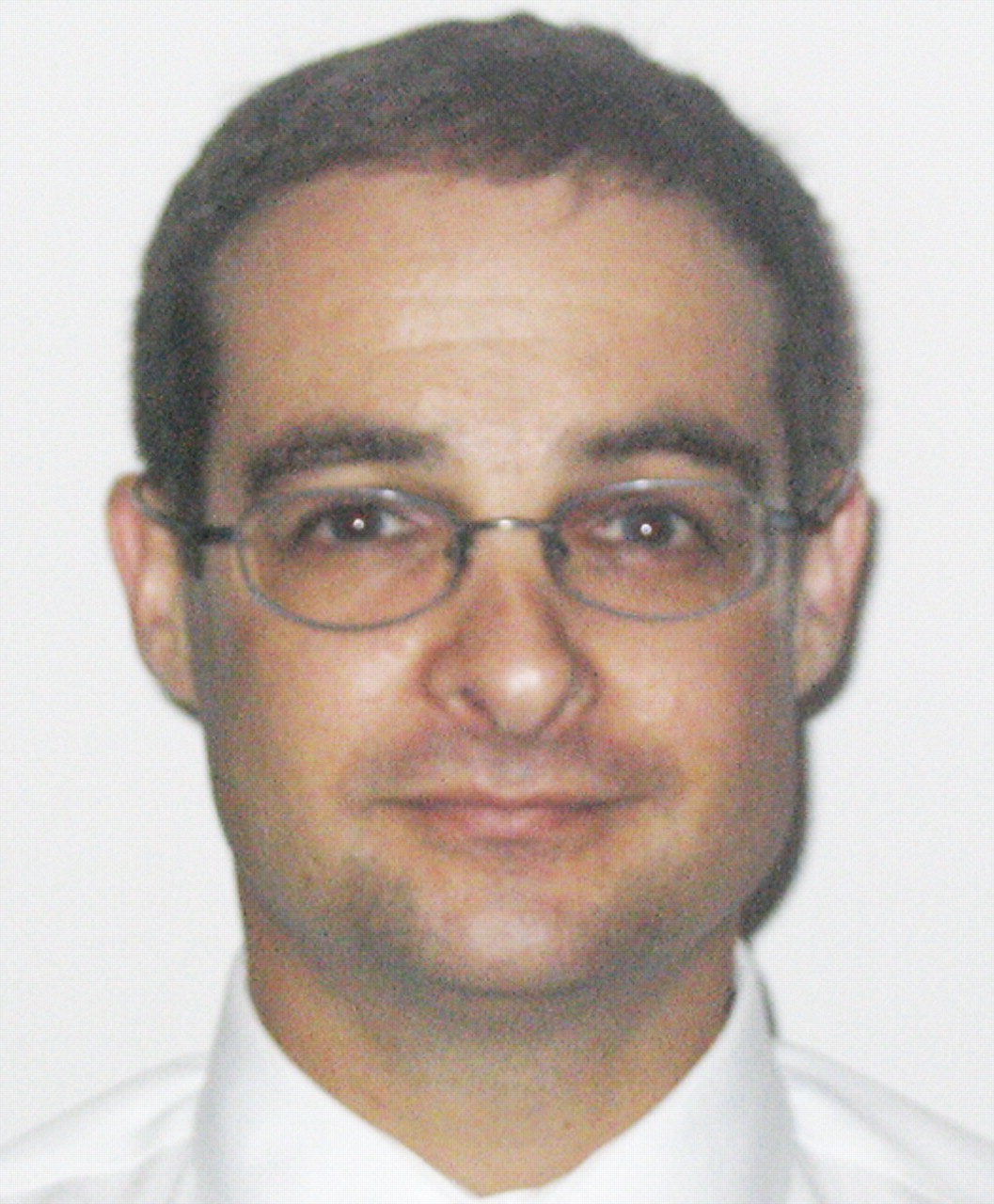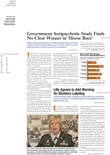It was only after I started listening to audio recordings of trainees' therapy sessions, prior to their supervision, that I began to realize how easy it was to fudge the story being presented to me. By fudge, I mean spruce up, exaggerate, lie, or highlight the high points while glossing over the low points, either consciously or unconsciously.
Traditional supervision methods have built-in biases. Trainees have an insatiable desire to please their supervisor and a vested interest in receiving a favorable performance report. Often process notes are not written immediately after the session but later that evening or even the next day, subjecting the notes to recall error.
To make matters worse, every supervisor has a different way of measuring a trainee's performance and has his or her own teaching style. Not infrequently, supervisees, among them graduates of top psychiatric programs, have surprised me with lapses in therapy technique. I often wonder what transpired in their previous supervisions. One observation is that “eclectic” supervisors are vulnerable to leaving a trail of half-baked techniques that lack a coherent theoretical conceptualization. The words “My old supervisor thought that it might be a good idea to try a few mindfulness techniques” still make me cringe. Worse still, residents with narcissistic traits can lie their way through training because no one realizes the true extent of their difficulties in empathizing. Another misguided trainee was taught (by an analytic supervisor) to answer his beeper during therapy, presumably because of medico-legal neurosis.
There is a better method for improving the reliability and efficacy of supervision. The trainee tapes each session using a highquality audiocassette recorder. The supervisor listens to the audiocassette and, via the Cognitive Therapy Rating Scale (or similar objective measure), rates the various components of the therapy on a Likert Scale. The Cognitive Therapy Rating Scale is made available to the trainee and thus, in addition to evaluation of competency, is also used for a second purpose—teaching the trainee exactly what is required for him or her to be deemed competent.
The main advantages of audiotaping trainees' sessions are having an objective record of what actually happened and being able to identify more accurately where teaching efforts should be focused. Boundary violations and deviations from the defined setting (for example, starting late, going overtime) can be observed with greater ease, even if they are subtle. For example, a supervisee noted that her Medicaid patient was wearing a new designername outfit and made a joking comment about it without realizing the countertransference implications. Because it was on tape, it could be explored.
Another advantage is that two supervisors can rate the same therapy session, increasing the interrater reliability. Thus, regular therapy sessions can be evaluated in a naturalistic setting as a quasi-examination.
For trainees, learning and skill acquisition occur rapidly. This adds a certain excitement and pace to the supervision that trainees seem to enjoy. Because they know what the supervisor is looking for, they are motivated to read about and practice the techniques.
Supervisors should address preconceived notions (or distorted automatic thoughts, in the terminology of cognitive therapy) about recording and privacy with both patients and trainees from the outset. Cassettes must be carefully guarded and erased once the supervision is over.
One disadvantage of audio recording is that for every hour of supervision that the supervisee puts in, the supervisor puts in two. This must be taken into account when budgeting and allocating the teaching load. Another factor to consider is that it takes time to learn to supervise with this method; I underwent formal training through the Beck Institute for Cognitive Therapy and Research, which offers a program for supervisors.
While cognitive therapists have been pioneers of this form of supervision, it can be adapted to all forms of therapy.
After five years of using audiotaped sessions for supervision, I am convinced that traditional supervision should be relegated to a formaldehyde jar on the museum shelf. The learning advantages to this system outweigh the technical and organizational extras that it requires.
Could we judge the competence of student drivers by their personal description of their skills? Most of us would want an objective driving test. We should not be surprised that an objective method for teaching psychotherapy has advantages. The real surprise is why it has taken so long for this method to be widely implemented. ▪

